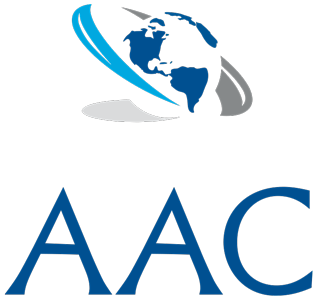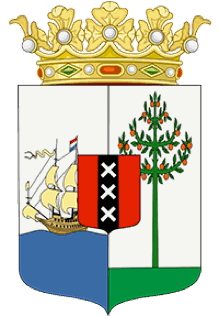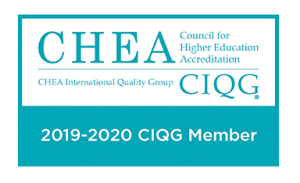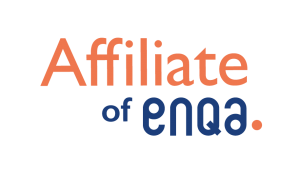Introduction
Foreword
To whom it may concern,
Accreditation Agency of Curacao (AAC) is an autonomous and high-quality accreditation agency for higher education and established in Curacao. AAC is to accredit bachelor’s, master’s, and doctoral degree programs in Curacao and other countries. Accreditation is a process of institutional review by the external bodies against publicized and accepted standards for higher educational institutions for quality assurance and continuous quality improvement. Accreditation is an objective and peer-review process designed to attest the quality of developing and established educational programs.
The objectives of AAC accreditation are
- Achieving and maintaining standards of excellence in programs of higher education
- Guiding the educational institutions and providing them with constructive feedback
- Maintaining the confidence of the public of the region in the quality of higher education
Dr. Sateesh Arja, M. B.B.S., MHPE, MSPH, PFHEA, FAMEE, FAcadMEd
President
Accreditation Commission, AAC

Dr. Sateesh Arja
President Accreditation Commission
Contact:
Abigail Kramers – Eendragt, BSc
Managing Director
AAC – Accreditation Agency Curacao
La Puerta Business Center
Rif St. Marie, Coral Estate
Willemstad
Curacao
Dutch Caribbean
www.aac.cw
office@aac.cw
Skype: AAC Curacao
Tel:+599 9 6828106
Accreditation Procedure
The Institutional Accreditation
The Institutional Accreditation focuses predominantly on innovative, commercial and internationally oriented Higher Education Institutions (HEI). The procedure comprises a comprehensive evaluation of the institutional strategy, quality assurance system and assets. Higher Education Institutions receive feedback on the future prospects of their structures and processes as well as impetus for further development. The relevant areas of the Higher Education Institution in this procedure are:
- Mission Goals and Objectives
- Governance and Administration
- Management of Quality Assurance and Improvement
- Learning and Teaching
- Student Administration and Support Services
- Learning Resources
- Facilities and Equipment
- Financial Planning and Management
- Employment Processes
- Research
- Institutional Relationships With the Community
The accreditation procedure for institutional accreditation takes between 16 to 24 months.
The procedure gives the Higher Education Institution a detailed evaluation of its strengths and weaknesses and showcases its crucial future opportunities as well as future possible perils. This enables the HEI to identify and take effective measures to achieve its self-imposed goals.
Procedural steps
- application with basic information about the Institution, strategy, quality assurance
- preparatory discussion about the procedure and conclusion of contract
- draft of a self-evaluation report according to the AAC Assessment Guide
- appointment of the expert panel (5 experts – three members from Higher Education Institutions including one local expert of the HEI’s country, one student member and one member from the professional field)
- compilation of a self-evaluation report according to the AAC Assessment Guide
- site visit of 3 days at the HEI
- compilation of the assessment report by the expert panel
- statement on the report by the HEI
- final accreditation decision of the AAC Commission for Institutional Procedures
- possibility of a protest against the procedure through an email to the AAC or an appeal regarding the commission’s decision
- publication of the accreditation report
- the accreditation is valid for 6 years and must be updated afterwards
To give guidance during a procedure, the AAC provides guidelines for preparing an application for program accreditation or institutional accreditation. The agency also provides continuous feedback during all steps of a specific procedure. Our experts can give you recommendations on the further development of your application and self-assessment.
Double
Accreditation
Ventajas
El proceso de garantía de calidad ofrecido por dos agencias de renombre (AQAS y AAC) dará a las universidades la oportunidad de mejorar continuamente y muchas ventajas:
- Los estudiantes obtienen una cualificación atractiva que suele ser aceptada tanto en el país de origen como en Europa
- Mejora de la calidad de los programas
- Creatividad y nuevos enfoques sobre el estudio y el aprendizaje
- El certificado de garantía de calidad externa proporciona una mayor reputación y atrae a más estudiantes
- Visibilidad pública de los programas
- Abre la puerta a la internacionalización en general en las universidades de Educacion Superior
- La doble acreditación sale mas barato y exige menos esfuerzo que dos acreditaciones
Guidelines
Standards for Quality Assurance in Higher Education
The AAC accreditation guidelines are based on the European Standards and Guidelines (ESG). Other national and international standards have also been incorporated into the formulations of the standards. More on the ESG standards are below.
Appeals
Appeals against AAC Decisions
Applicants may appeal against decisions of the Accreditation Commission on procedural grounds or in the case of perversity of judgment. The Academic Board (Appeals Committee) has the responsibility to consider appeals.
Grounds of Appeal
The possible grounds of appeal are limited to procedural errors and/or perversity of judgment. Mere disagreement with the Accreditation Commission judgment does not constitute a valid ground of appeal.
An appeal on procedural grounds may be lodged if AAC procedures, other regulations, any applicable legislation, or generally accepted principles of fair and equal process were dishonored. Perversity of judgment may be claimed if a decision is clearly unreasonable or disproportionate in the light of the available evidence.
Possible Consequences
If the Academic Board accepts the appeal, the Accreditation Commission decision is voided and the case referred back to the Accreditation Commission. The Accreditation Commission will take due account of the grounds of appeal and the reasoning of the Academic Board in taking a new decision. An appeal is rejected if it is either unsubstantiated or not based on valid grounds.
Appeals Process
Appeals need to be submitted to Academic Board in writing within 90 days of being notified of the rejection of an application. The appeal has to clearly specify on which grounds it is lodged. The Academic Board will decide on the appeal within 120 days.
Before taking a decision, the Academic Board might request further clarification or comments on the grounds of appeal from the Accreditation Commission, the review coordinator, the review panel, or the applicant.
Video recordings
Accreditation
Criteria
Accreditation
Procedure
Code of
Conduct
Role of
Experts
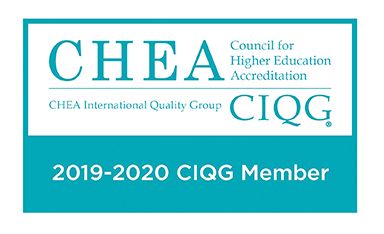

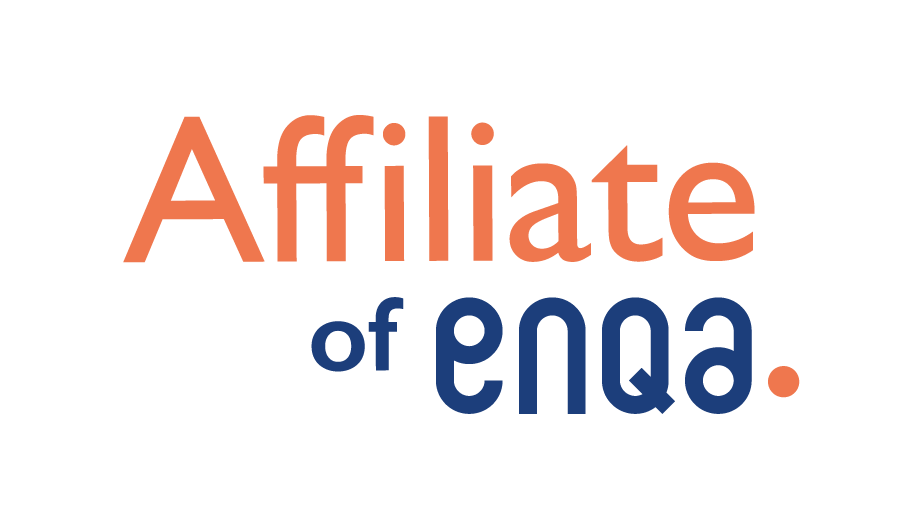
2022 - Accreditation Agency Curacao - All rights reserved - Terms and Conditions - Privacy Policy
